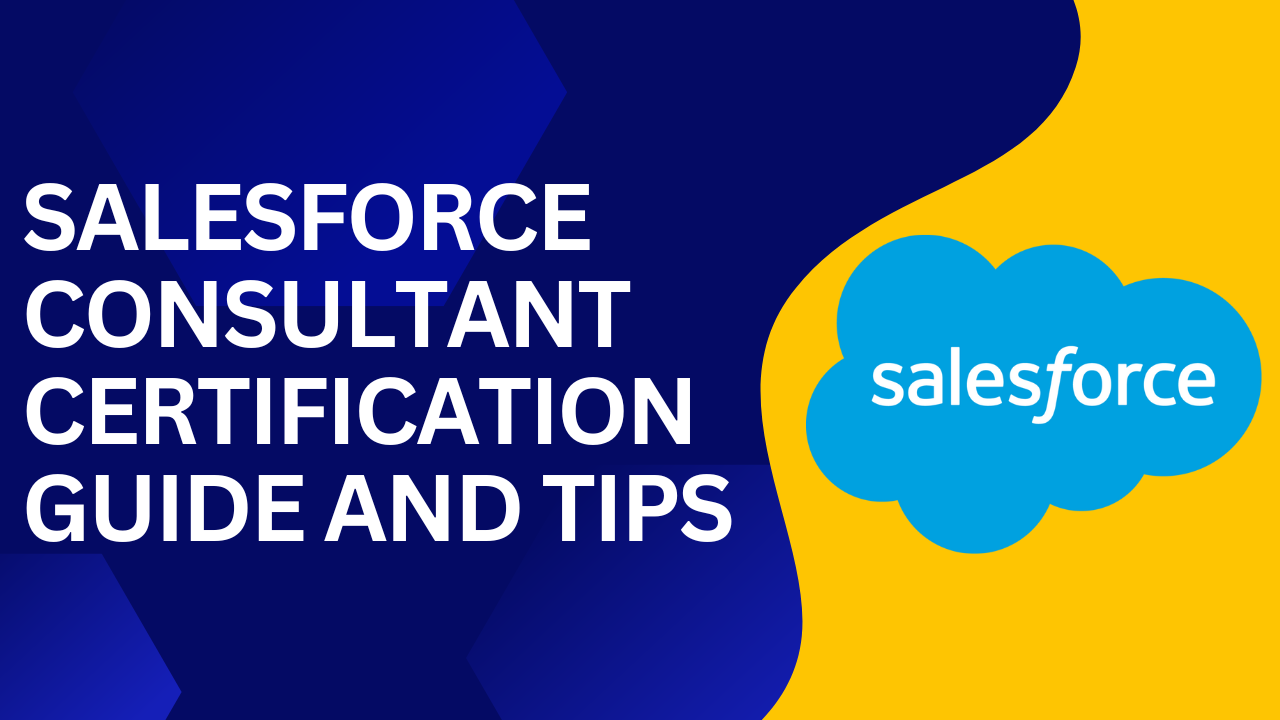
Sales Cloud Consultant Certification Guide
Consultants with prior experience deploying Salesforce Sales Cloud solutions in a client-facing capacity are eligible for this Sales Cloud Consultant certification Guide. The test delves deeply into all the features that comprise Salesforce Sales Cloud certification, its most well-liked and customized solution.
The material in this publication will cover important subjects and provide advice on how to study and take the test. A certification that heavily relies on scenarios should come easily to you. Additionally, you can review the Sales Cloud Consultant Certification Guide Trailhead exam.
Prepare for the upcoming exam with the following details:
- Intermediate level certification
- Requires 2-5 years of prior experience
- Completion of the Salesforce Administrator certification is mandatory
- Examination fee is $200
Ideal Candidate
This test is intended for consultants who work with customers and have firsthand knowledge building Salesforce systems. Although having consulting experience is a plus, Salesforce administrators who wish to demonstrate their in-depth understanding of the platform—especially those managing slightly more complicated Salesforce implementations—can still benefit greatly from earning this Sales Cloud Consultant certification.
If you’re hoping to progress in your career, go from an administrative to a consulting role, or just want to add a badge to your Salesforce platform skills, this certification could be just what you need.
Note: Prior to signing up for the Sales Cloud Consultant exam, you must have the Salesforce Administrator certification.
Key Topics of Sales Cloud Consultant Certification
Exams for Salesforce consist of various topics, each with varying weights. The Sales Cloud Consultant certification is one of the more difficult alternatives when compared to other Salesforce certifications because it covers ten different categories.
It’s crucial to focus on these because the majority of the exam will probably consist of just a few portions, such the critical areas listed below, which account for 63% of the total. We’ll even include a few sample queries.
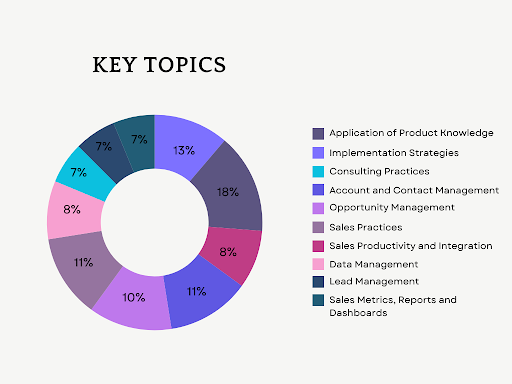
1. Application of Product Knowledge – 18%
The largest portion of the exam—more than 10 questions—tests the candidate’s ability to apply their product knowledge inside the Salesforce ecosystem. The topics of the questions will undoubtedly cover all aspect of the process, from managing opportunities to quoting and completing orders, starting from the Lead stage. In addition to the previously mentioned, this part will highlight Salesforce features that are not included in the package.
2. Implementation Strategies – 13%
This section’s questions are all scenario-based and are designed to assess your proficiency not only with the platform but also with understanding and converting business needs into a solution.
For those candidates who possess it, this is when their consulting expertise becomes relevant. From requirement collection to production deployment, you should understand (and feel at ease implementing) the ideas that contribute to a successful and quantifiable consulting engagement.
3. Account and Content Management – 11%
By the time you decide to take this exam, you should find the concepts of Accounts and Contacts to be reasonably easy, but there are many features that surround them that expand their utility for more specialized needs. These consist of Person Accounts, Related Contacts, Account Hierarchies, and Events, among others.
You will also need to ascertain how record visibility, including Opportunities, Cases, and Activities, might be influenced by ownership on Contacts and Accounts.
4. Sales Practices – 11%
One of the key sections of this exam, here is where your knowledge pertaining to Sales Cloud and related products will be evaluated, all using – once again – scenario-based questions.
You also need to be familiar with the implementation considerations, along with sales and marketing specific processes as well as KPI measurement and solving business challenges.
5.Opportunity Management – 10%
A wide range of subjects will be covered in this area, with a focus on the connections between a few key components including pipeline, forecasts, sales stages, and sales processes. Additionally, inquiries will focus on the connections between:
- Possibilities to acquire assets
- Schedules and products in the product line
- Agreements
- Campaigns
- Quotes
- Price Books
Many of the questions will be scenario-based, and you can score some easy points by recommending the best forecasting method and being aware of the consequences of turning on advanced currency management.
Study Strategy
Since the Sales Cloud is the most widely used Salesforce product, professionals frequently start their Salesforce education with this certification, which is a popular progression from the Admin test.
Fortunately for you, there are a ton of tools available to assist you with your exam revision. As mentioned earlier, this test is primarily scenario-based because it is intended for a consulting position that converts business requirements into a Salesforce solution. This implies that you must comprehend both the business and technological aspects.
Since the Sales Cloud is the most widely used Salesforce product, professionals frequently start their Salesforce education with this certification, which is a popular progression from the Admin test.
Fortunately for you, there are a ton of tools available to assist you with your exam revision. As mentioned earlier, this test is primarily scenario-based because it is intended for a consulting position that converts business requirements into a Salesforce solution. This implies that you must comprehend both the business and technological aspects.
Exam Strategy
Here are some recommendations we’ve accumulated over the years to help you be ready for test day and increase your chances of passing with flying colors.
Initially, print up a cheat sheet and attempt to recall any ideas you are having trouble understanding before the exam. This will help to ensure that everything is fresh in your memory. Depending on your preferred method of learning, you might also choose to jot down the main ideas.
Make sure to read the question through several times and pay close attention to it when taking the test. The answer choices for scenario-based questions will provide you with a wealth of information about what the right response is. Use the provided pen and paper to sketch down a data structure, role hierarchy, or any other design that will help you visualize the answer if you are taking the exam in a testing facility. Please be aware that during online proctored tests, this is not permitted.
Take the time to apply the process of elimination when choosing an answer to eliminate any that are unquestionably wrong. Salesforce frequently includes responses that are either erroneous or comprised of many elements. They also enjoy including “curveballs,” or features that seem right but aren’t optimal practices. By concentrating on basic Salesforce features that complete a task, you can usually figure these out. For instance, you could use a process builder to create a custom approval procedure, but why would you do this when there is a built-in capability that you could utilize alternatively?
Another fantastic tool at your disposal is the “Mark for review” tick that shows up beneath every question. This is excellent if you are having trouble coming up with an answer at the moment or if you are unsure of it. You will be able to study the questions that were marked for review at the end of the exam, together with all the other questions, so you will have a decent notion of how probable it is that you passed. If you have the time, I would always suggest answering every question. I always do this before an exam, and I frequently find errors I’ve made or even the solution to a question I still haven’t finished.
Be mindful to note the topics that you found most difficult on your first attempt at the exam, even if you don’t pass. This will help you study more and retake the test. To avoid breaking the flow and forgetting the things you don’t work with every day, it is advised that you set up the retake as soon as possible. The Sales Cloud Consultant Certification retake fee is half price, and you are allowed three attempts each release, just like with all other Salesforce tests. However, this is subject to change, so be sure to review the retake policy.
Tag:Consultant Certification Resources, Consultant Certification Tips, Sales Cloud Certification Tips, Sales Cloud Consultant Certification, Sales Cloud Consultant Prep, Sales Cloud Exam Prep, Salesforce Consultant Exam Guide, Salesforce Consultant Study Guide, Salesforce Consultant Training, Salesforce Sales Cloud Guide
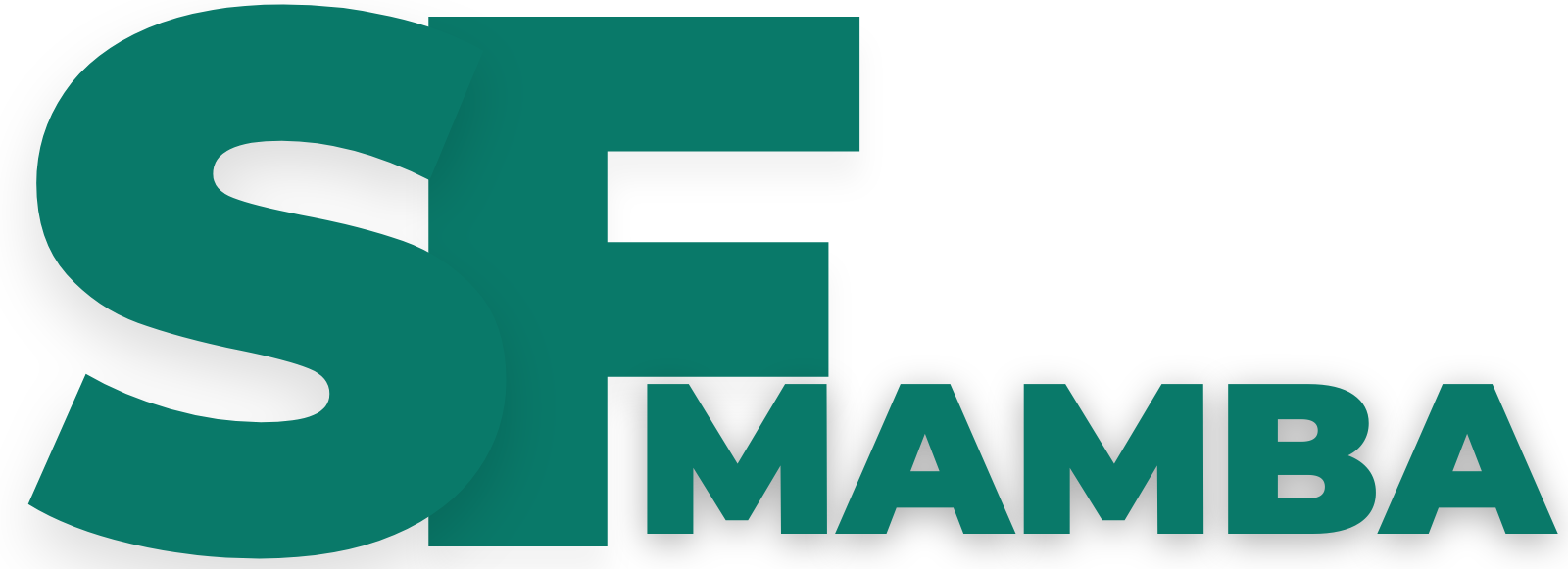
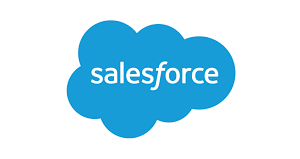
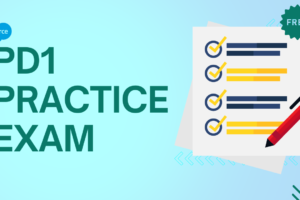
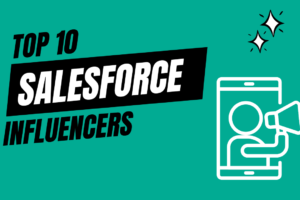
4 Comments